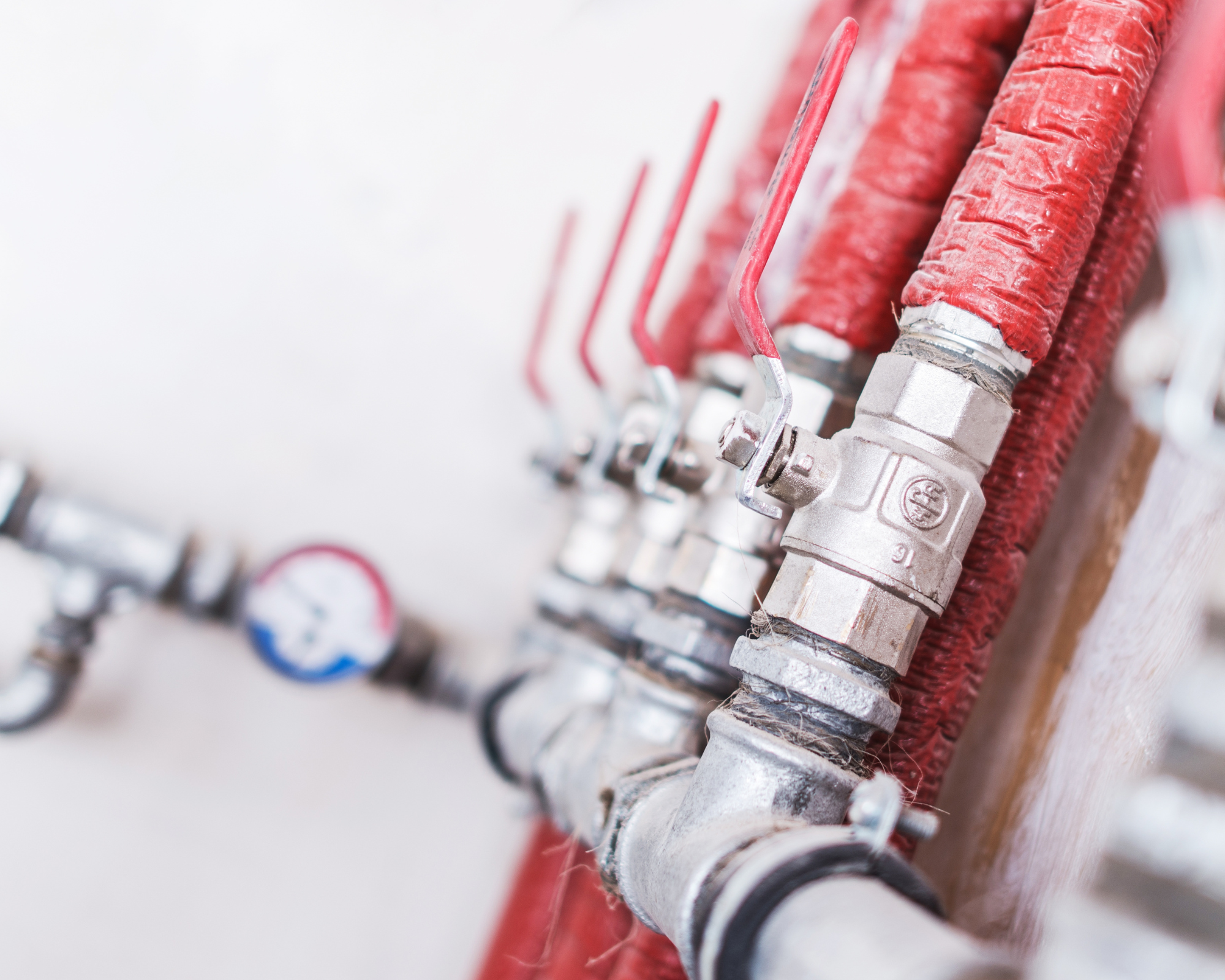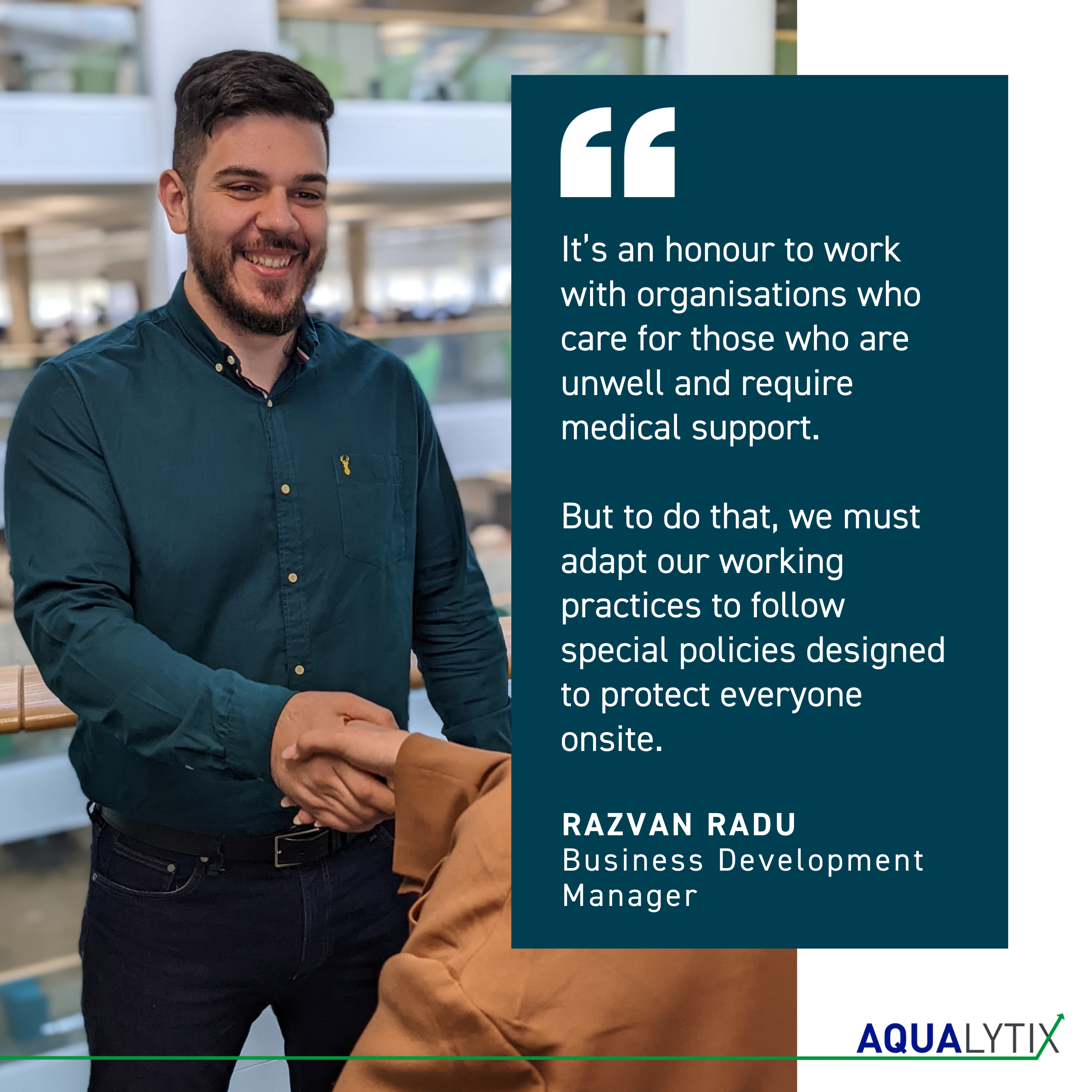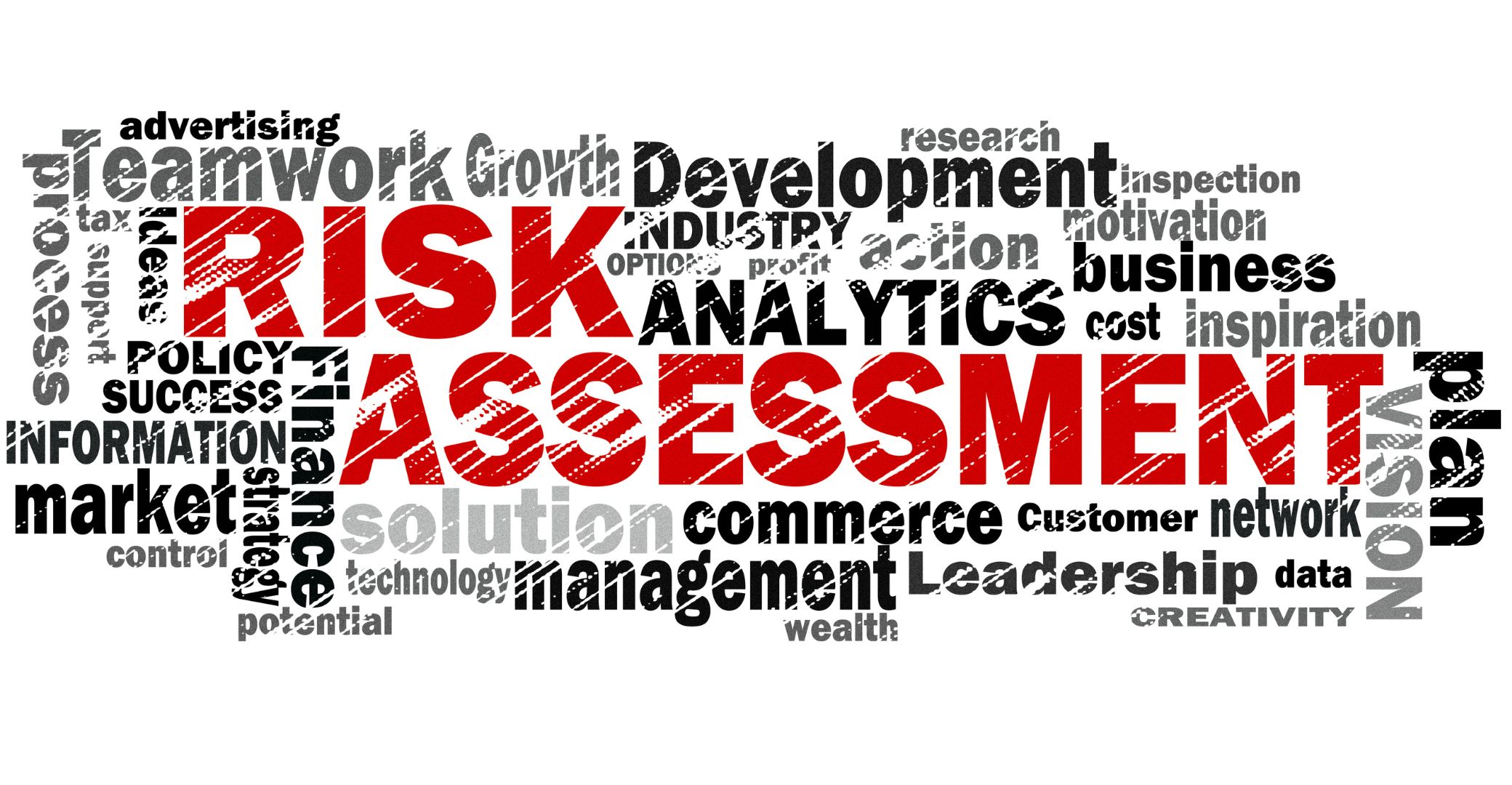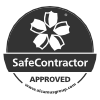Aqualytix, a specialist in water treatment and Legionella control, is now in its second year of providing water hygiene services to County Hospital, located in Stafford, part of the University Hospitals of North Midlands NHS Trust.
Since 2022, we’ve expanded our range of services to the hospital, reflecting the partnership’s success in keeping staff and patients safe from water hygiene risks, including Legionella bacteria associated with water systems.

















